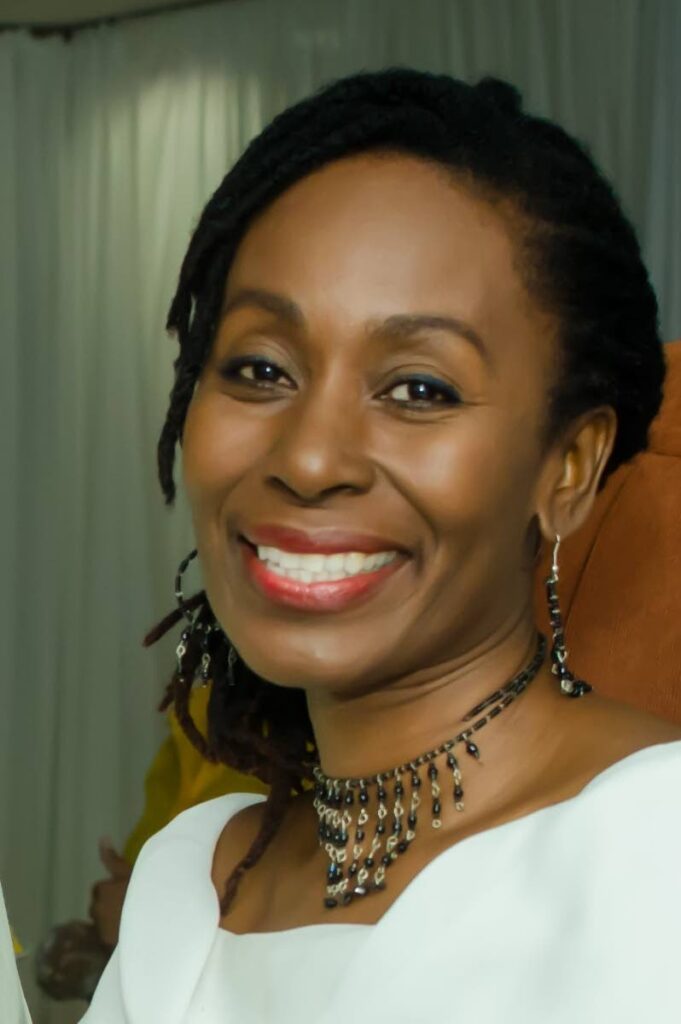A Warao remedy

Dara E Healy
WHAT DOES it mean to be of Warao heritage in the 21st century? What is the history of these peoples? What language do they speak? How are they part of our nation?
No doubt these and many other questions will be answered during the week-long Warao Indigenous Festival which begins tomorrow.
Although it will be important for people in the wider public to understand this aspect of our shared history and heritage, globally, conversations continue to take place around the serious issue of true social inclusion of Indigenous peoples. In TT, what are the challenges currently faced by the people whose ancestors were here thousands of years before foreign invasion? Are they relics of the past, or do their voices still matter?
Indigenous peoples at home and around the world fiercely protect their ancestral way of life. The UN describes them as “holders of unique languages, knowledge systems and beliefs…” Through food, clothing, stories or use of herbs, they maintained strong links to the identity that the Europeans sought to erase. Land is essential to their way of life and understanding of development. Additionally, they have their own form of internal self-governance, reflected by hierarchies that include a chief or queen.
And yet, in spite of their rich culture, history and invaluable practices, Indigenous people still fight to have their voices heard, whether on matters of constitutional development, political recognition or right to reclaim ancestral lands.
Of course, the way the history and lifestyle of Indigenous peoples was taught has not helped. In fact, one may argue that education about these ancient peoples contributes to the lack of visibility and seriousness regarding this community.
For example, many of us were given the simplistic "warrior-like versus docile" narrative about the different nations that settled here.
Well, first of all, the term "tribe" was used, a westernised phrase that implies lack of diversity among Indigenous peoples. In fact, the better term would have been "nations," now insisted upon by Indigenous peoples around the world.
Worse, we were not taught the names used by their ancestors, such as Lokono, Nepoio, Carinepagoto, Kalina or Chaguanes, who it is said spoke the language of Warao.
Further, because our education was tainted by colonial scorn for non-western beliefs, we would not have been taught that San Fernando Hill held sacred significance for the Warao. According to research, it is one of a few sacred spaces for this community across the Caribbean and Venezuela, from where they originally migrated.
In hindsight, I am inclined to believe that the Warao and others were labelled as "warlike" by Europeans because they refused to obey them. I have read, for instance, that the Warao rejected the idea of discarding their traditional attire to dress in a way the conquerors deemed more acceptable.
We certainly saw evidence of the uncompromising attitude of the Warao during the 2020 protests to remove the statue of Columbus from Port of Spain. Quite rightly, they demanded that the statue should be replaced by one in honour of an Indigenous heroic figure or freedom fighter.
Activism aside, it is essential that the voice of Indigenous peoples should be heard at the highest levels of our society, in the legal system, at official national functions and in our Parliament.
Their legacy is everywhere – from cassava doubles to Moruga hill rice, from Ariapita to Tunapuna, from Guayaguayare to Toco and Nabarima (Naparima) and, of course, Iere.
Petroglyphs, drawings by ancient Indigenous ancestors on stone are still visible.
How many schoolchildren are taken to see them, to experience a smoke ceremony by the river or take part in a ritual on the San Fernando Hill? You already know the answer.
My family and I proudly claim our Warao and Indigenous connections. I cherish stories of my great-grandmother, who would plait her long thick hair in two braids, fiercely family-oriented.
But there is still too much that we do not know. Colonialism robbed us of the majority of our nation languages; language is critical as a tool of liberation, so reclaiming what we can is important. Ancient values of family, sharing and community are still so needed.
As we experienced this week, our society urgently needs to heal. But to achieve this we must know the whole us, all the components that comprise we. Go to the Warao Festival if you can. Take another step towards the healing.
Dara E Healy is a performing artist and founder of the Indigenous Creative Arts Network – ICAN

Comments
"A Warao remedy"